Congenital Hyperinsulinism:
Are you or your child experiencing hypoglycaemia even while on medication?
Please consider the ACHIEVE clinical research study.
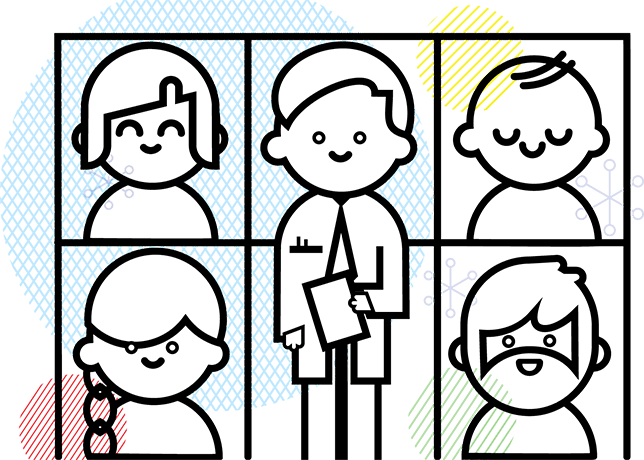
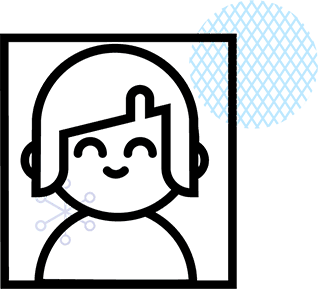
Overview
The purpose of the ACHIEVE study is to find out about the tolerability (how well the body reacts) and safety of a study drug called HM15136. The study will help determine if it is effective for the treatment of congenital hyperinsulinism (CHI). HM15136 is an investigational drug that is not approved for the treatment of CHI and is only available through clinical studies like this one.
To qualify, participants must:
- Be 2 years of age or older (Minimum age may vary based on where you live. Please ask your doctor first for scheduling.)
- Be having 3 or more hypoglycaemia events per week
- Be on therapy for congenital hyperinsulinism
- Not have type 1 or type 2 diabetes
- Have not been treated with continuous intravenous glucose or glucagon within 1 month of study screening.
Your medical history and other criteria will also be reviewed to determine if you are able to participate in the study.
Informational Video
Please watch our video to learn more about the ACHIEVE study to see if it could be right for you or your child.
About the Study Drug
The study drug, called HM15136, is an injectable drug that has been designed to act like glucagon, a hormone produced by the pancreas. Glucagon helps the body maintain normal blood sugar levels by increasing the glucose produced in the liver and breaking down glycogen (a form of stored glucose) into the form of glucose the body uses for energy. Glucagon treatment only lasts in the body for a short period of time while HM15136 acts for a longer time to help prevent blood sugars from going low. HM15136 only needs to be taken once each week.
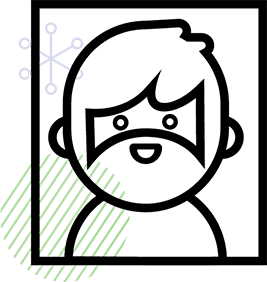
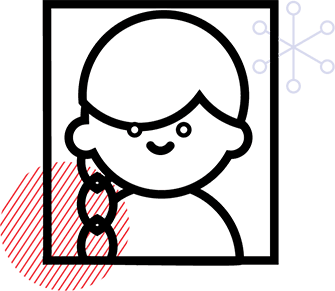
Taking Part
Approximately 16 participants will take part in the study at multiple research clinics around the world. Participation in the study is expected to last 5-6 months. During part of the study, participants will wear a continuous glucose monitoring system (CGM). This is a small device worn on the body all the time to provide continuous monitoring of blood glucose levels. This study is using the Dexcom brand of CGM.
The study has 5 main parts as described below. The Baseline and Study Treatment periods include 2 inpatient periods, where participants will stay in the clinic/hospital overnight. The rest of the visits will be outpatient. Participants who are not able to stay at the study site overnight can stay nearby at an alternate, pre-approved location. The study staff can provide more details and instructions for this special circumstance.
- Screening Period (up to 1 month): Participants will have tests and procedures done to find out if they can be in the study.
- Run-in Period (1 month): Qualified participants will continue on their current CHI medications and blood sugar levels will be monitored. Tests and procedures will take place over 2 more visits. Participants will receive the CGM device at the 2nd Run-in visit and will also be provided a standard glucose monitor and a patient diary to keep track of measured glucose levels, lifestyle and activity, and food intake. The study staff will provide training on how to use these devices.
- Baseline Period (1 week): Participants who continue to meet the study requirements will have tests and procedures done (such as an electrocardiogram and blood tests) to help ensure safety before starting study drug treatment. During this period, all participants will stay at the study clinic/hospital for continuous blood-glucose monitoring.
- Study Treatment Period (2 months): All participants will then receive study drug treatment with 1 of 2 different doses of the study drug. This will be taken in addition to the medications the participant is already taking. During the first 5 days of this period, participants will remain in the clinic/hospital overnight for close monitoring. Over the next 6 weeks, there will be weekly outpatient visits to the clinic/hospital for study drug dosing, inserting a new CGM sensor, blood tests and other study procedures. The study drug will be injected, once a week, by a short needle into the soft tissue under the skin in the abdomen. During the final week of this period, participants will again stay in the clinic/hospital overnight for 8 nights and 9 days for close monitoring and study testing
- Follow-up and End of Study Period (1 month): After completing study drug treatment, participants will take part in 2 more visits. Participants whose standard of care treatment or nutritional supplementation changed during the study will return to previous treatment, as instructed by the study doctor. Final study tests and procedures will also be done.
About Clinical Studies
What is a clinical research study?
A clinical study (also known as a clinical trial) is designed to evaluate how safe and/or effective an investigational drug is in treating a specific disease or condition. ‘Investigational’ describes a drug that is still being studied and has not been approved for doctors to prescribe to patients. Regulatory agencies (such as the US Food and Drug Administration or the European Medicines Agency) use the results of clinical studies to decide if an investigational drug should be made available to patients. Clinical studies are the only way we can develop new and better treatments and improve patient care.
How are my rights protected?
Every clinical study is reviewed by an ethics committee (EC) or an independent review board (IRB), which help to ensure that the study is conducted safely and that the rights of study participants are protected. Clinical studies are conducted by experienced and trained medical professionals who monitor the health of participants throughout the study.

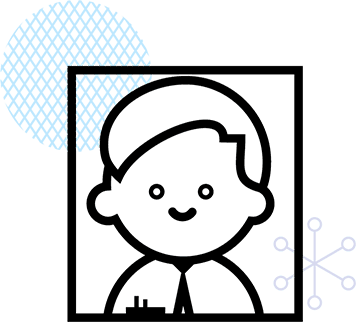
Find a Study Clinic
To learn more about the ACHIEVE study, please contact one of the local study clinics from the list at the link below:
